Vietnam ranks second in the Asia- Pacific region in terms of food waste, with more than 8 million tons of food thrown away each year when it is still usable or can be used, causing a loss of about 3.9 billion USD, accounting for nearly 2% of current GDP.
This is the information given by Mr. Nguyen Tuan Khoi, Chairman of the Vietnam Food Bank at the launching ceremony of the "Stop Food Waste" campaign and the introduction of the "Food Donation Recommendation Handbook in Vietnam", which took place on September 29 in Ho Chi Minh City, organized by the Vietnam Food Bank Network and the Global Food Bank Network, on the occasion of International Food Loss and Waste Awareness Day (September 29).

According to Mr. Nguyen Tuan Khoi, food waste is not only a problem of one country, but a global challenge and Vietnam is no exception. Every year, millions of tons of food are wasted while there are still many people in need of support.
According to a report by the United Nations Environment Programme (UNEP), each year, about one-third of the food produced worldwide (equivalent to 1.3 billion tons) is lost or wasted, while nearly 800 million people are still facing hunger and malnutrition. Worryingly, food waste is also the cause of about 8% of global greenhouse gas emissions, exacerbating climate change, biodiversity loss and environmental pollution.

“The Stop Wasting Food campaign not only aims to reduce waste but also creates specific actions, contributing to building a fairer society. Let's start with the simplest things like planning smart shopping, preserving food properly and sharing with those in need. Every small action has great meaning. Through this campaign, we hope to create a community with high awareness of protecting food and the environment, contributing to a more sustainable future,” Mr. Khoi shared.
According to the Vietnam Food Bank, to reduce food waste to protect the environment, in recent times, the unit has launched many action programs such as collecting usable food at gardens, wholesale markets, recovering food at coffee and cake chains... to give to homeless people, the homeless, and the beneficiary network of the Vietnam Food Bank...

Other products such as tea grounds, coffee grounds, organic waste... are transferred by the Vietnam Food Bank Network to the community food gardens of Food Bank Vietnam (Nong Lam Food Bank Garden, Green Community) to be recycled into animal feed, compost, grow vegetables, trees... The products that can still be used will be given back to shelters, charity houses, and partner units that have accompanied the activities... From there, it becomes a closed circle with the goal and mission of minimizing food waste in the community.

During the ceremony, the Vietnam Food Bank introduced the "Food Donation Recommendation Guide in Vietnam". This guide was compiled by the Harvard Law and Policy Clinic in collaboration with the Global Food Banking Network (GFN) and the Vietnam Food Bank Network to raise awareness and guide the community in donating food safely, practically and sustainably.
The "Stop wasting food" campaign is a key, typical campaign throughout the "Food For Change 2024" campaign series, which is being implemented from September to October 16, across all Food Bank networks in Vietnam. The program aims to raise public awareness about the current situation of food waste, encouraging people to change their consumption habits to save and reduce food waste as it is today. |
Source



![[Photo] Pink ball and table tennis](https://vphoto.vietnam.vn/thumb/1200x675/vietnam/resource/IMAGE/2025/5/26/d9f770bdfda243eca9806ea3d42ab69b)
![[Photo] Official welcoming ceremony for French President Emmanuel Macron and his wife on a state visit to Vietnam](https://vphoto.vietnam.vn/thumb/1200x675/vietnam/resource/IMAGE/2025/5/26/a830702ef72f455e8161b199fcefc24d)





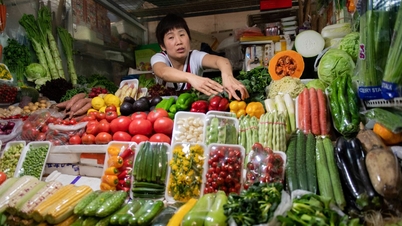

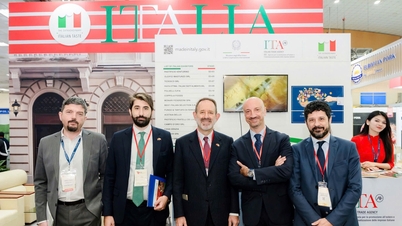




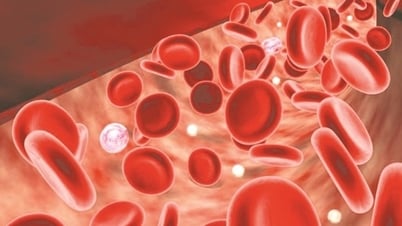
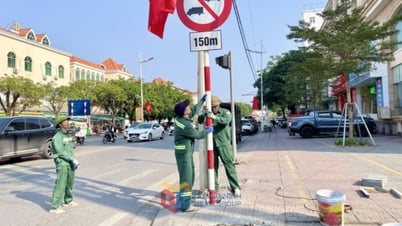

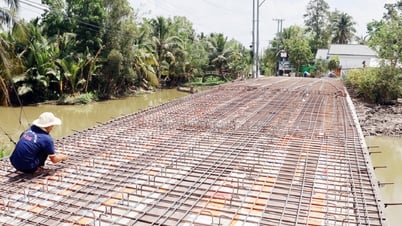

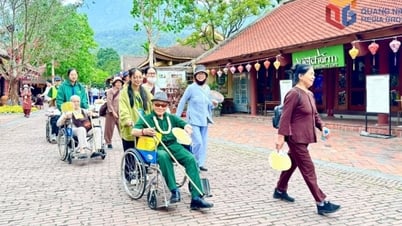






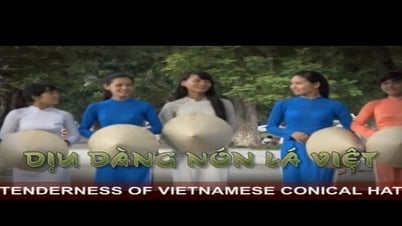
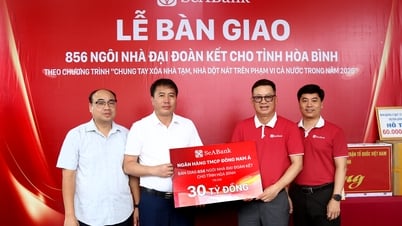
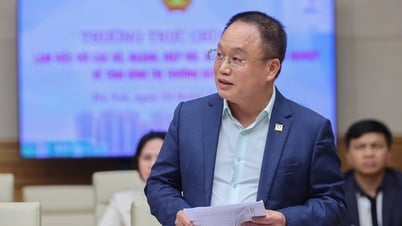
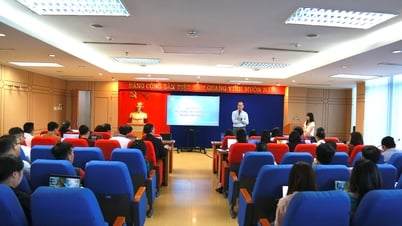

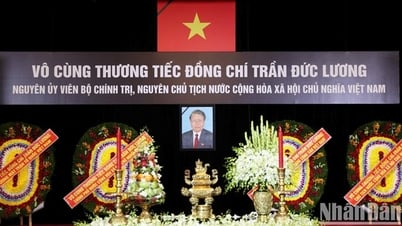

![[Photo] French President Emmanuel Macron and his wife begin state visit to Vietnam](https://vphoto.vietnam.vn/thumb/1200x675/vietnam/resource/IMAGE/2025/5/25/03b59c7613144a35ba0f241ded642a59)
![[Photo] Ea Yieng commune settlement project abandoned](https://vphoto.vietnam.vn/thumb/1200x675/vietnam/resource/IMAGE/2025/5/25/57a8177361c24ee9885b5de1b9990b0e)

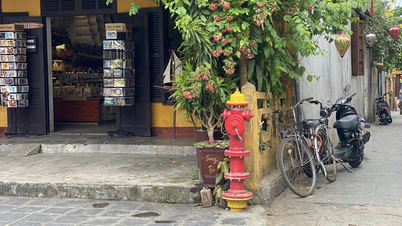









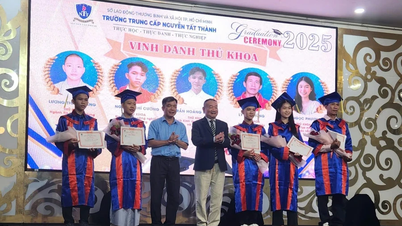


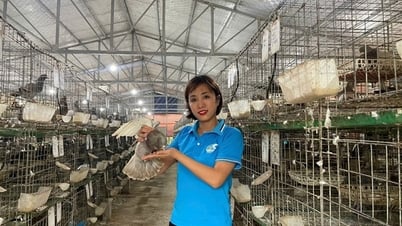

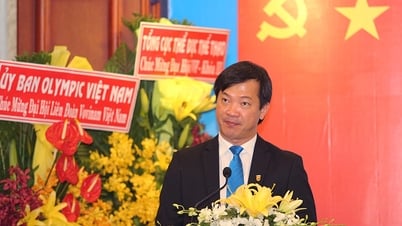













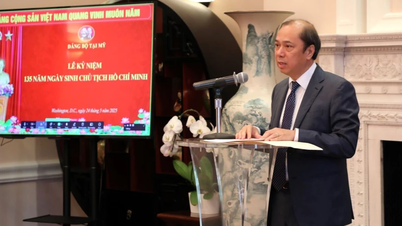
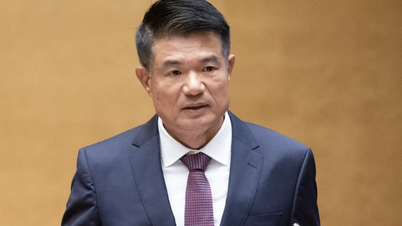
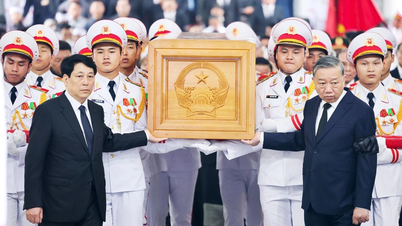
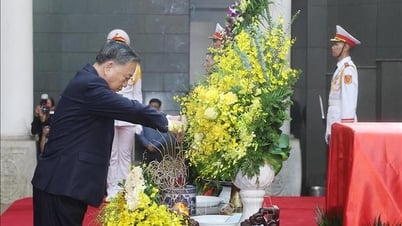

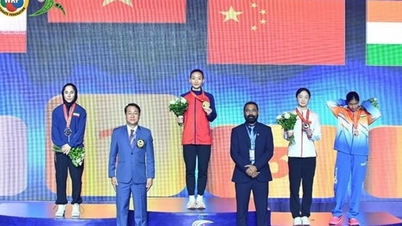


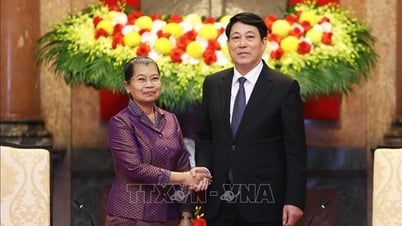
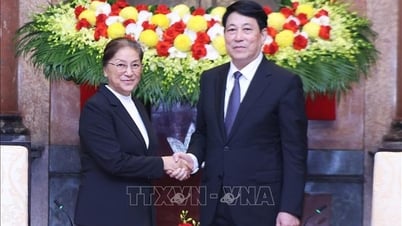

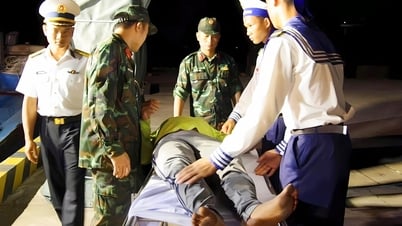

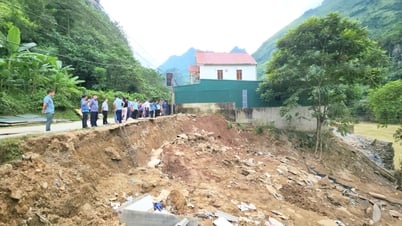

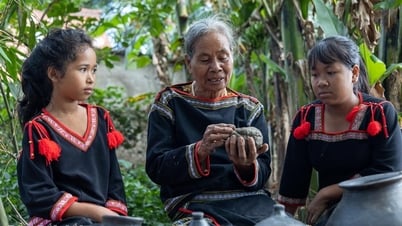



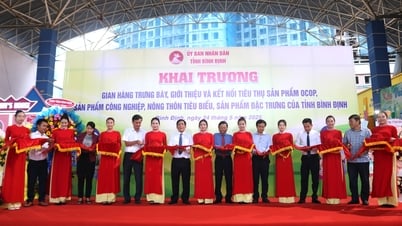

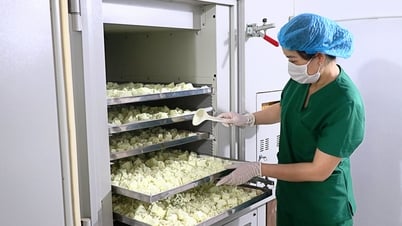

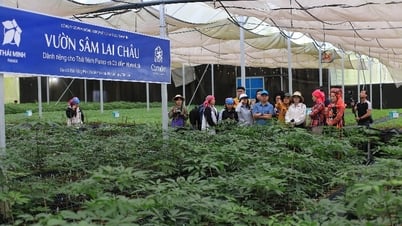



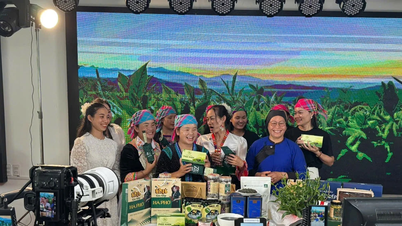



Comment (0)